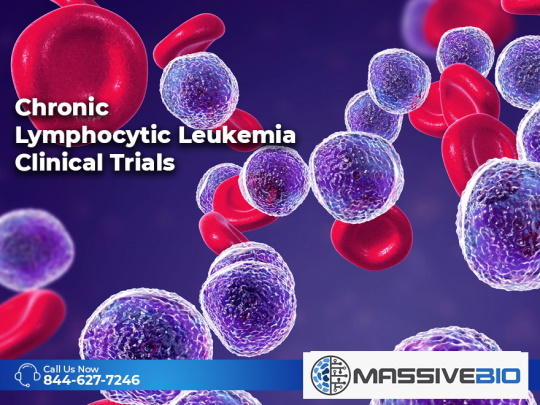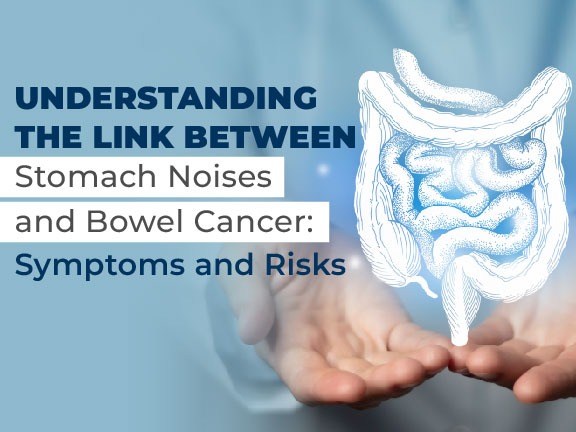Chronic Lymphocytic Leukemia Clinical Trials are research studies aimed at increasing the quality of life and survival rate of patients. Clinics and doctors are testing new drugs and compounds aimed at improving existing treatments with CLL.
Chronic Lymhocyctic Leukemia is a blood cancer that is most common among adults. It is a dangerous form of blood cancer due to it spreading throughout the body without symptoms. The average age of patients with this disease is 72, and 92% of patients are older than 50. Chronic Lymphocytic Leukemia Clinical Trials look for ways to find better treatment methods for patients and improve their quality of life.
What is Chronic Lymphocytic Leukemia?
Chronic Lymphocytic Leukemia (CLL) occurs in cells called “lymphocytes”. Lymphocytes are a form of white blood cells that fight infections under normal conditions. They are part of the body’s immune system, transforming into different subtypes, such a T cell or B cell. These cells can also be seen in lymph nodes. Lymphocytes cells experience genetic and functional changes for reasons not clearly yet understood leading to lymphoma and leukemia. When CLL appears, those lymphocytes grow exponentially in numbers, however do not fight infections and die quickly. By accumulating in the bone marrow, they prevent the production of new healthy blood cells. These CLL abnormal cells can also come out of their place and jump to other organs such as the lungs and lymph nodes.
CLL is a slow-growing, indolent or chronic cancer type. Patients generally do not show any symptoms for years. Blood tests can be used to diagnose abnormalities in their cells. Abnormal increase in the number of white blood cells (lymphocytes) may be an indicator for CLL.
Stages of CLL
Two different staging systems are used for Chronic Lymphocytic Leukemia. They are known as the Rai system and Binet system. Staging systems are created according to factors such as the number of white blood cells, the size of the lymph nodes, the presence of abnormal cells in the spleen and liver, anemia. According to the Rai system, CLL phases are as follows;
Stage 0 / Low Risk: An abnormal increase in the number of Lymphocytes is observed.
Stage I & II / Moderate Risk: An increase in lymph nodes and an increase in the number of blood cells are observed. Or, an increase in the liver and an increase in the number of blood cells are observed.
Stage III & IV / High Risk: High lymphocytes count in the bloodstream and anemia or Thrombocytopenia.
Chronic Lymphocytic Leukemia Clinical Trials Options
Although current treatments for CLL are not curative and cannot provide full recovery, they can help control the disease. Treatment of CLL is determined by the doctor based on the general condition of the patient and the stage of the disease. It can be treated by combining several different treatments.
Breast Cancer Treatment Options
CLL Chemotherapy
Chemotherapy is a treatment method that uses drugs aimed at killing cancer cells. It is applied with certain cycles to make up a regimen. Several different drugs can be used in a single regimen.
CLL Radiotherapy
It is a treatment using high energy rays to destroy cancer cells. It is not widely used to improve lymphoma in the bone marrow such as CLL, however it can be used as a local treatment when it grows in the spleen or lymph nodes.
Splenectomy
Infiltration of the spleen plays an important role in the disease progression of patients with CLL. Splenectomy is the procedure in which the spleen is removed, where the leukemia could be located. The leukemic cells accumulating in the spleen and causing it to grow may decrease the number of blood cells in the body. For this procedure, the spleen is removed with surgical methods and the number of blood cells is expected to increase again. This is a relatively rare procedure for CLL patients.
Chronic Lymphocytic Leukemia Clinical Trials
Clinical research aims to develop new treatment methods aimed at controlling the disease and providing cancerregression. It also aims to reduce the side effects of the current treatments.
There are many different clinical studies for CLL today. Some of the Chronic Lymphocytic Leukemia Clinical Trials are;
New Targeted Treatments: Tyrosine Kinase Inhibitors, Monoclonal Antibodies, combination of antibodies,
CAR T-cell Therapy: The patient’s own T-cells are extracted, trained to target a protein in the surface of the cancer, and reinfused to exert its effect.
PD-1 Checkpoint Inhibitors: This form of immunotherapy uses specific antibodies to stimulate the immune system and trigger the T-cells to fight against cancer cells.
Many clinical trials are ongoing for Chronic Lymphocytic Leukemia. Massive Bio connects you with clinics that research your disease. Contact us for more information on CLL and available clinical trials.













1 Comment
Thank you for your website post. Manley and I happen to be saving to buy a new book on this matter and your article has made people like us to save money. Your thinking really responded all our questions. In fact, more than what we had recognized prior to when we stumbled on your wonderful blog. My partner and i no longer have doubts and also a troubled mind because you truly attended to all of our needs here. Thanks